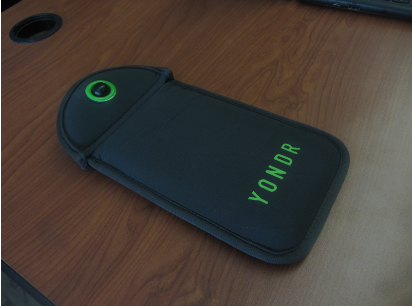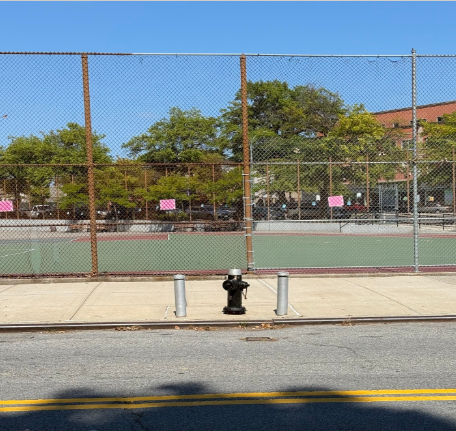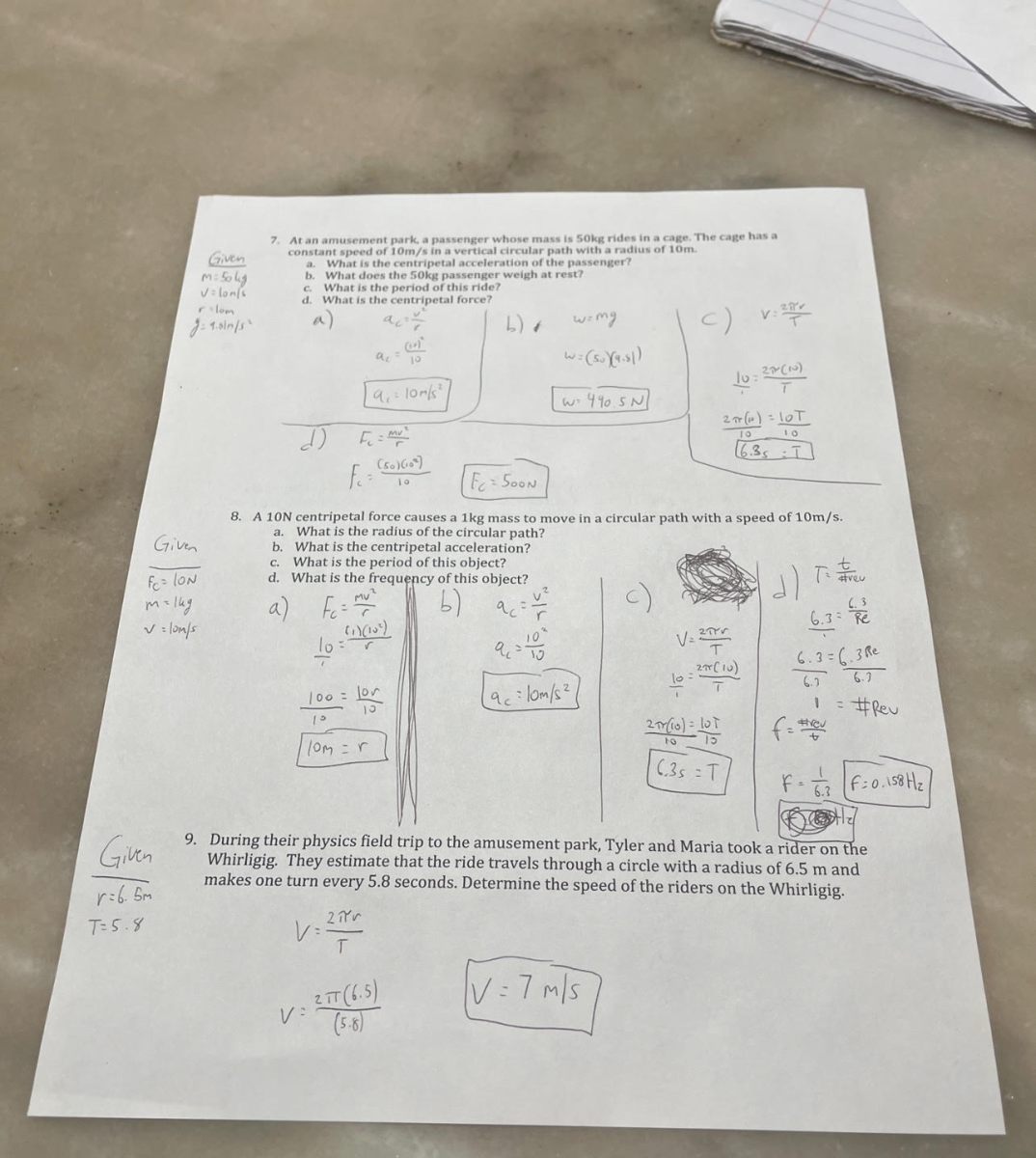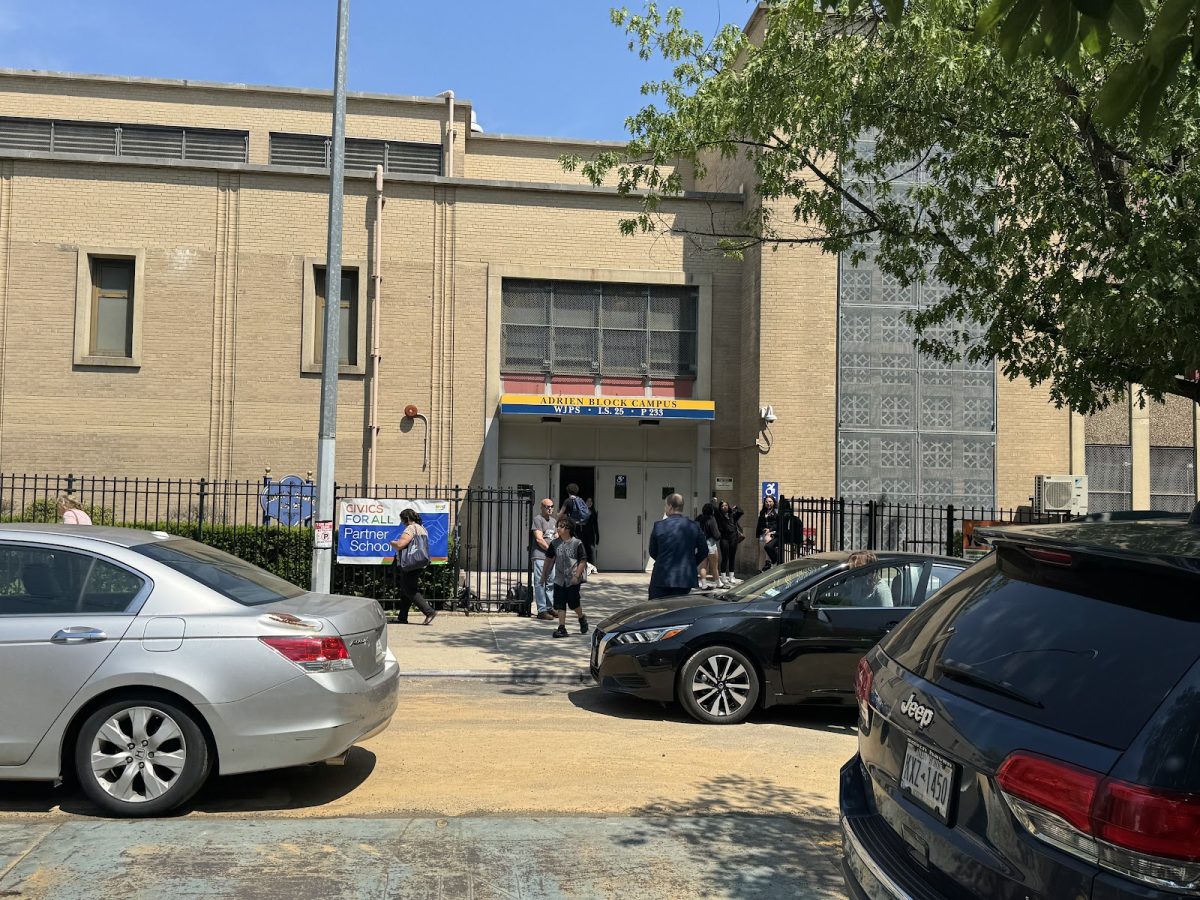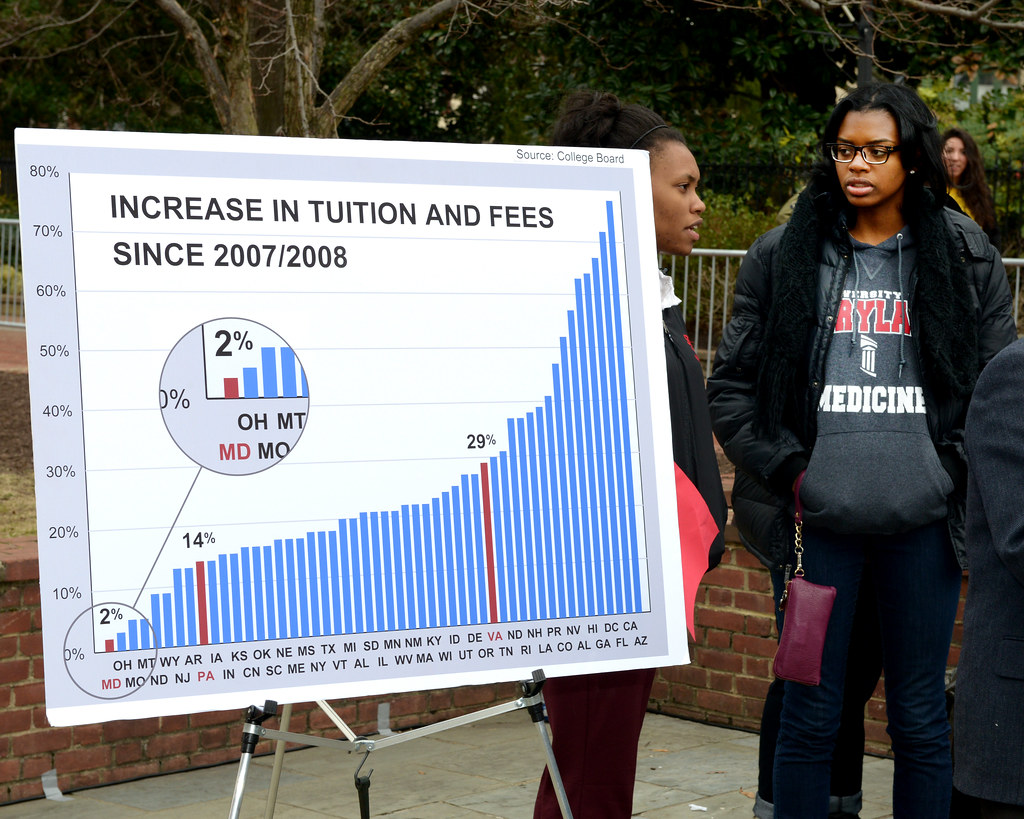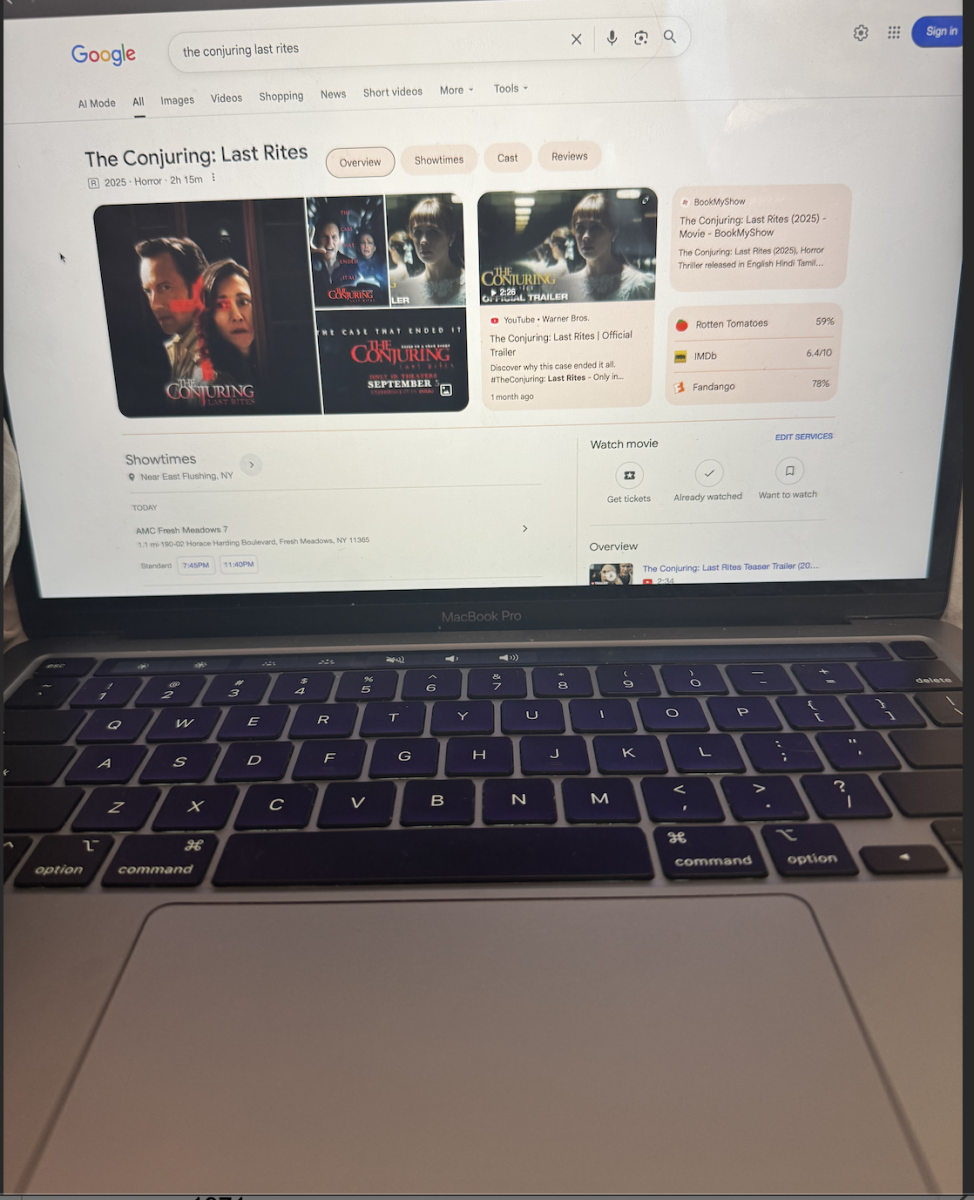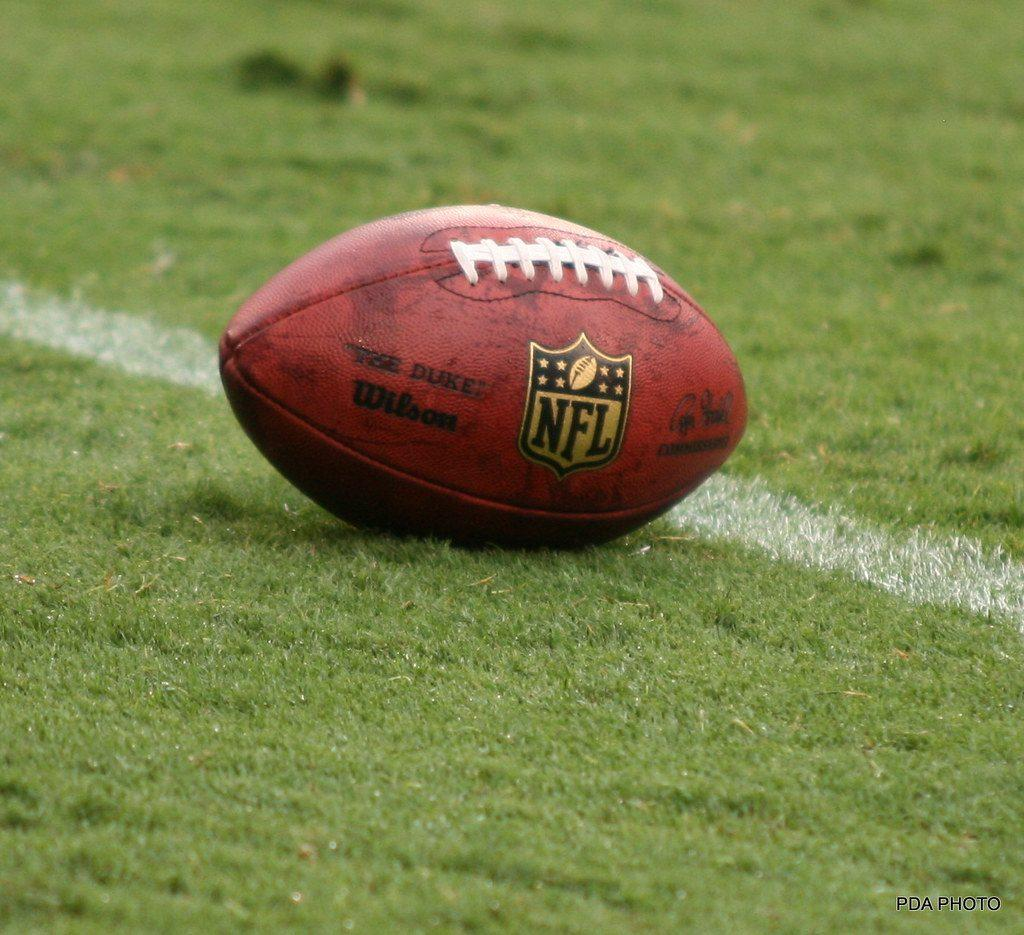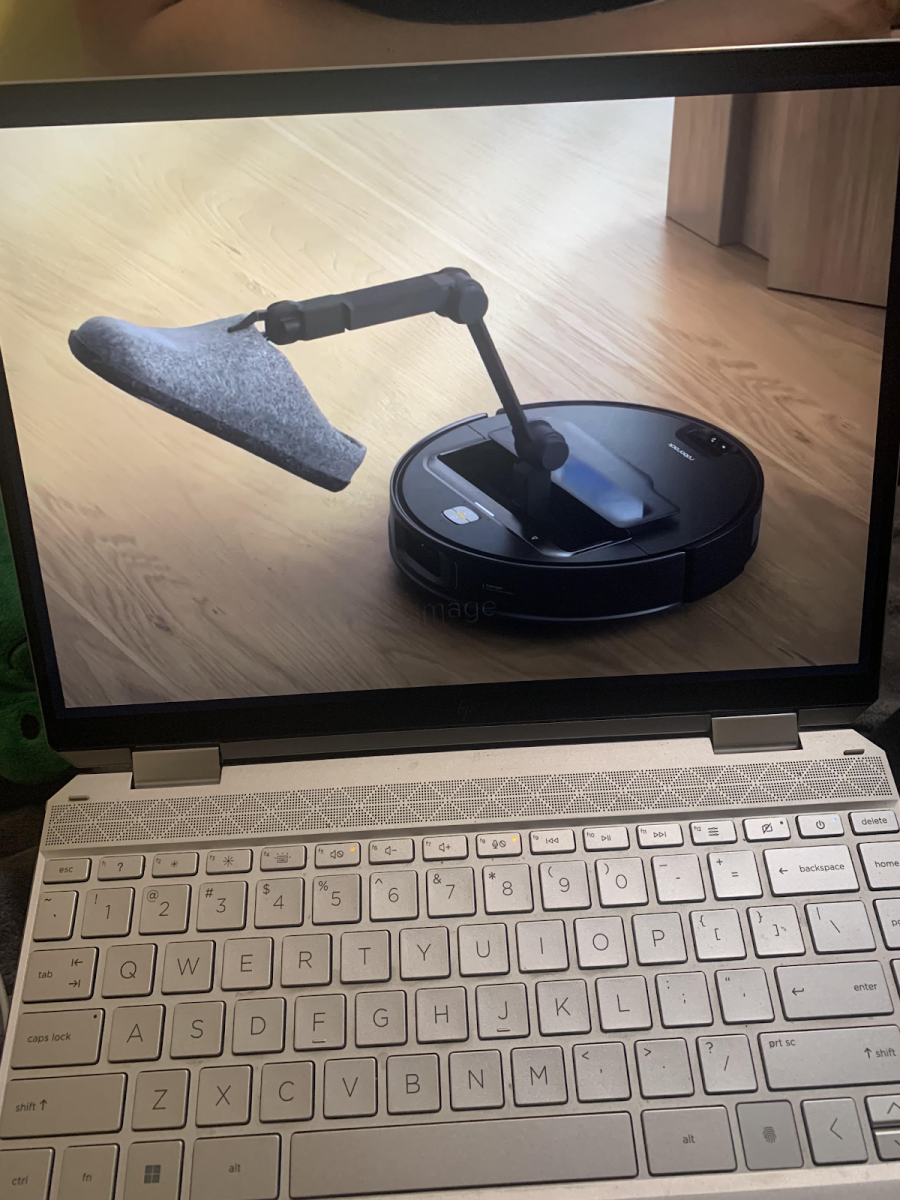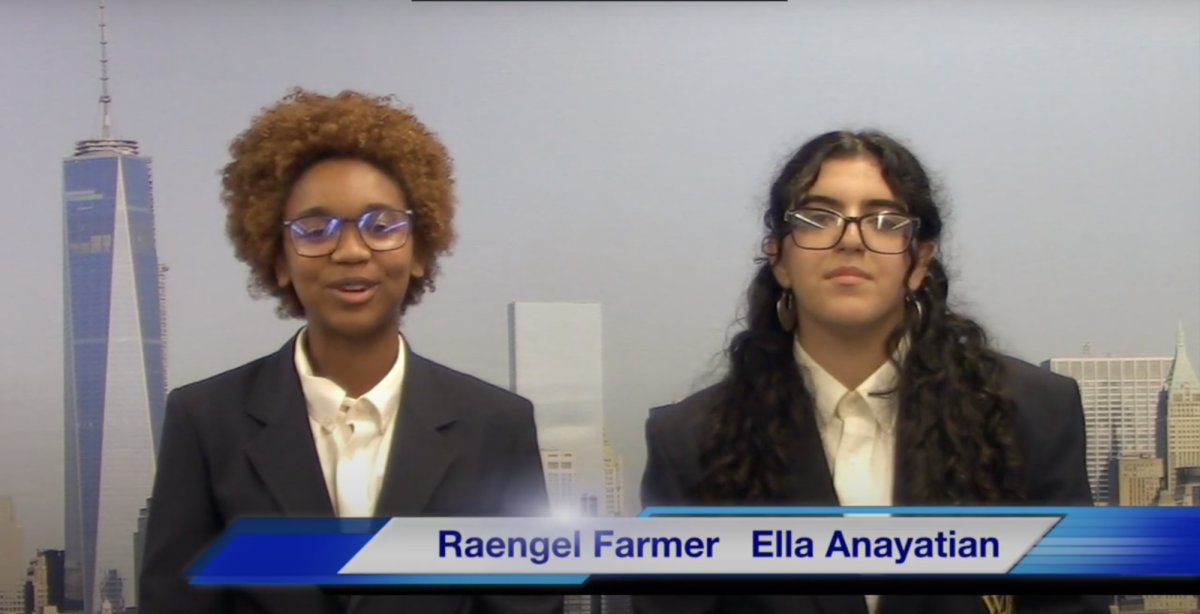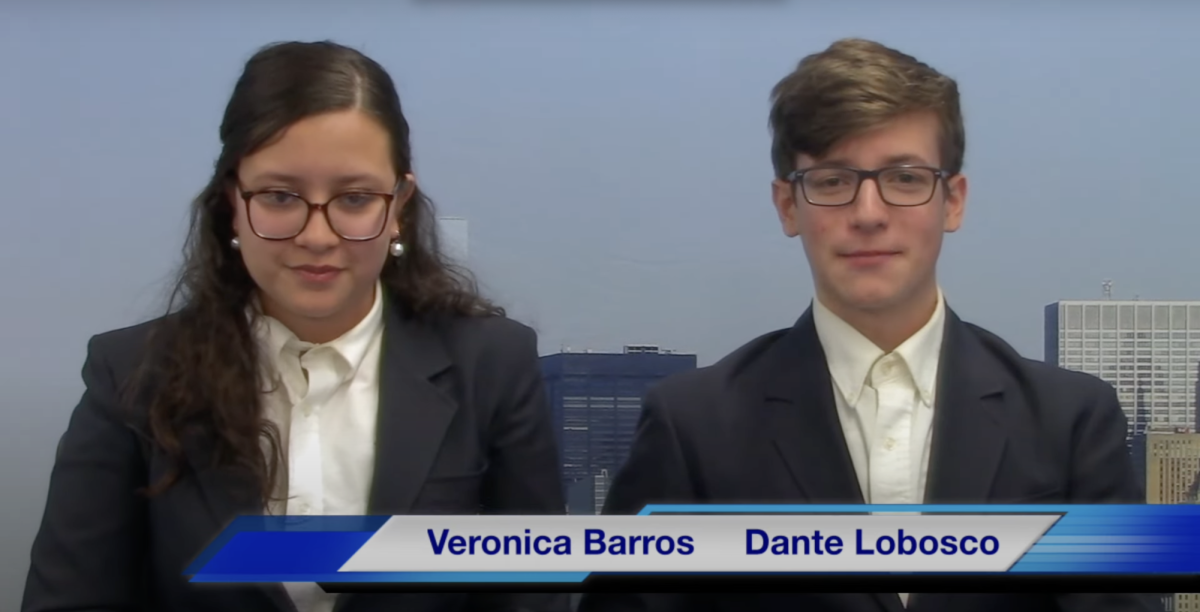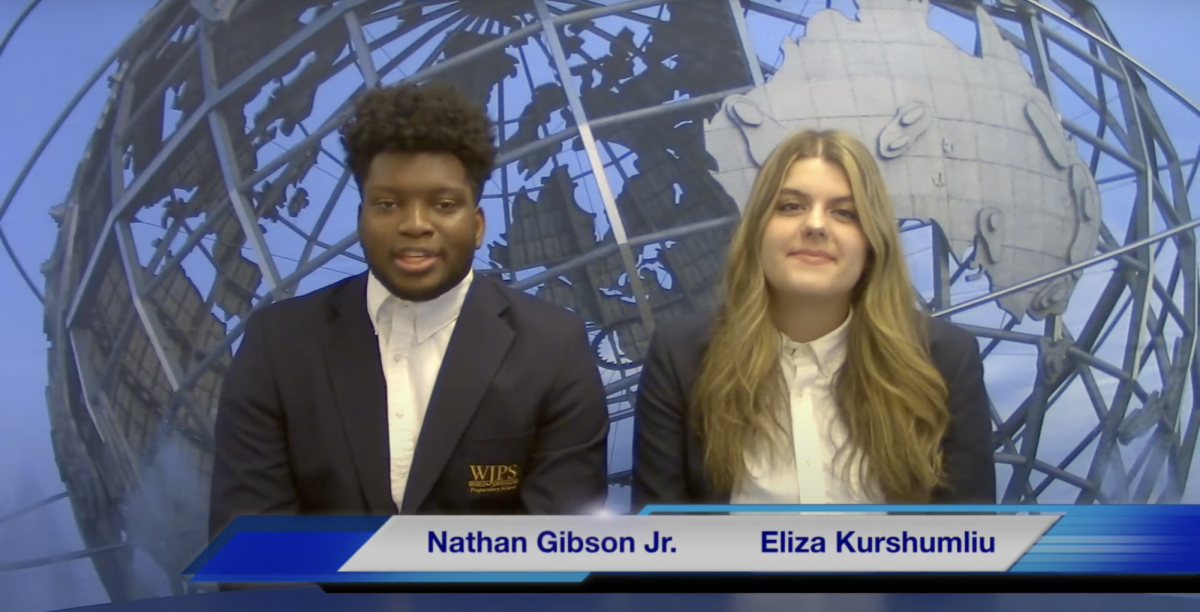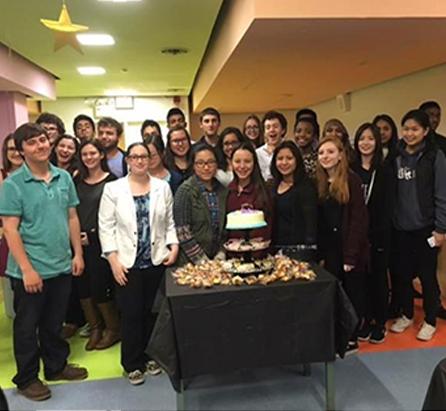by Yealin Lee, staff reporter

“I think it’s fun and it’s also less stressful because the work is divided.” junior Adriana Anez said. Group work can also help relieve the stress or burden of having to do all the work.
Photo is screenshot.
Group work gives students a big chance to interact with others and hear their ideas. It also gives individuals time to reflect and share their thoughts actively.
“I love working in groups because of the fact that we can rely on each other for help,” 6th grader Mary Maiel said.
Group work can be paired between two or more people or it may even be a classroom discussion. It helps students to learn how to cooperate and ‘work together’ with the people around them. It helps the students to interact and get to know their peers better; this is important because it is useful for future life experiences.
“Most of the time I find group work useful because it teaches you how to be cooperative with others and this is something needed in real life situations.” junior Alessandro Leto said.
Group work is also useful in ways where it divides up the work and relieves the burden and stress from each student. Too much work from individual projects can put pressure. It helps each student so that they must be responsible for their part and won’t bring their peers down as well.
Although some might say that learning individually is more effective, group work can help to keep the students in check with each other. And there are some cases in which one person may do more work than the other, but this is a process the group must go through together to learn to cooperate and operate as a ”group”, further helping them understand what it means to ‘work with others’.
“I think it’s fun and it’s also less stressful because the work is divided.” junior Adriana Anez said.
Teachers tend to use group work to introduce new topics to make it fun and exciting. Some teachers, such as math teacher Mrs. Apeler, take Pi day as a chance to make fun activities involving mathematics to create group work.
“By using group work students can learn from one another. When they work together, they can put ideas together to make a good solution for a problem they’re stuck on, I give them problems that have enough information to work on but something that will still make them put their heads together to solve,” math teacher Mr. Gardner said.
According to the Eberly Center it shows that group work can be beneficial in ways such as:
- Breaking complex tasks into parts and steps
- Planning and managing time
- Refining understanding through discussion and explanation
- Giving and receiving feedback on performance
- Challenging assumptions
- Developing stronger communication skills.
- Tackling more complex problems than they could on their own.
- Delegating roles and responsibilities.
- Sharing diverse perspectives.
- Pooling knowledge and skills.
- Holding one another (and to be held) accountable.
- Receiving social support and encouragement to take risks.
- Developing new approaches to resolving differences.
- Establishing a shared identity with other group members.
- Finding effective peers to emulate.
- Developing their own voice and perspectives in relation to peers.
These are the positives that come out of group work, which make it a favorable use to both teachers and students.



